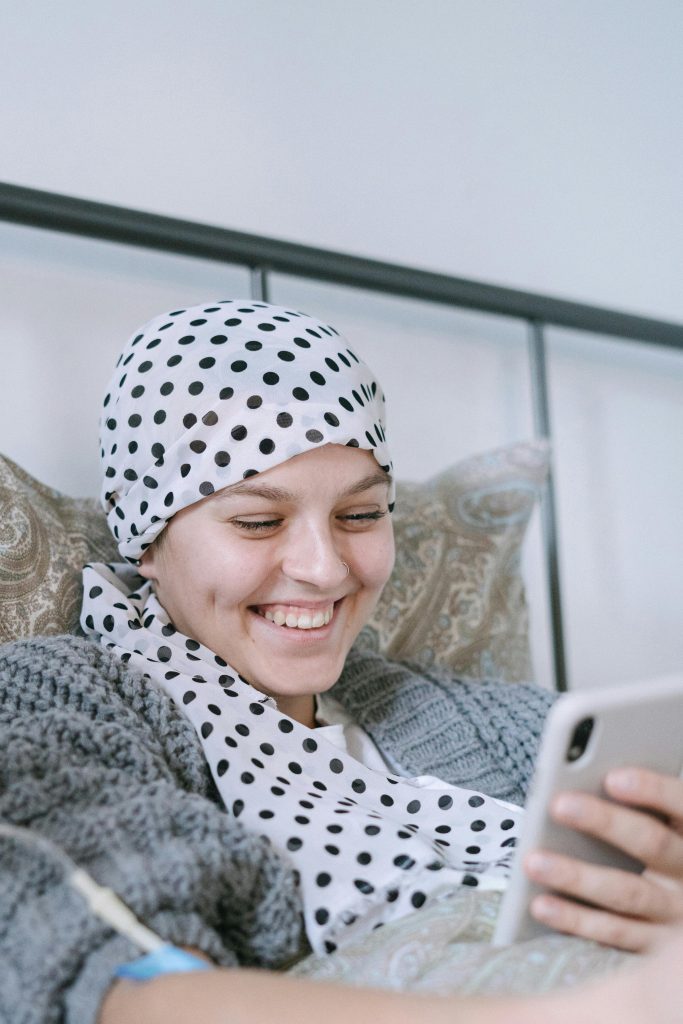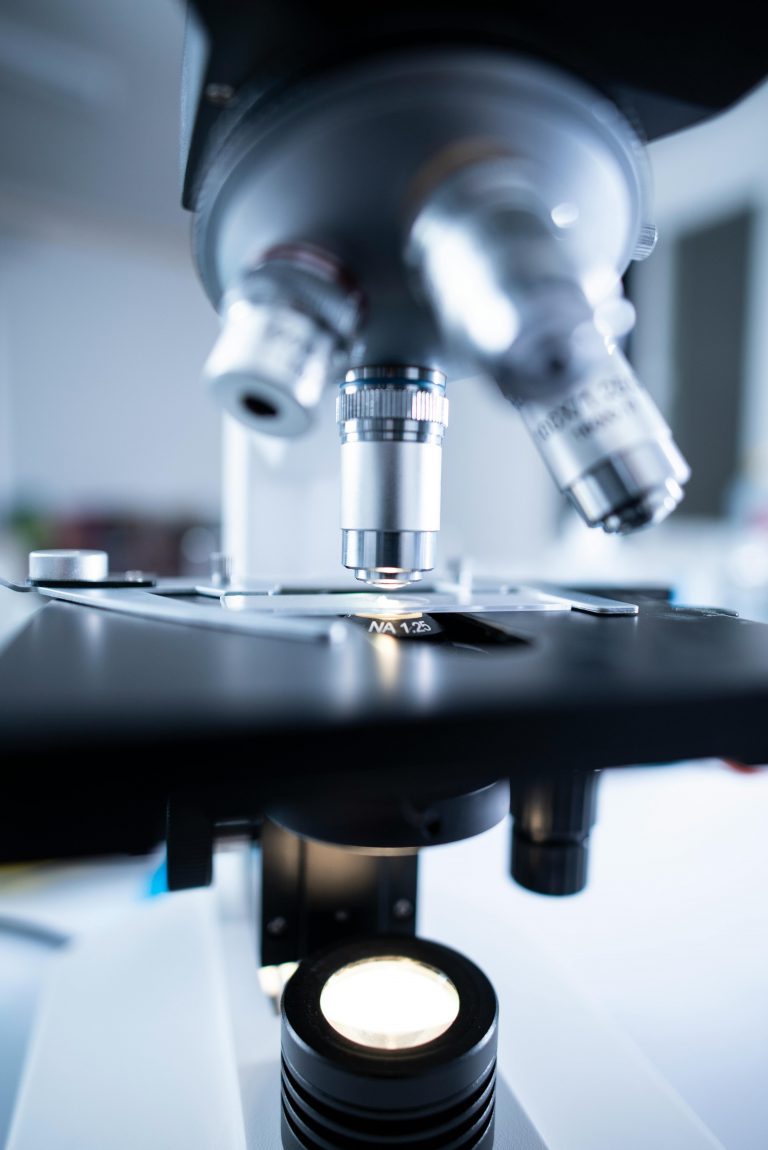A recent study has revealed a troubling health trend: anal cancer is rising among older women, particularly those over the age of 65. The research, drawn from National Cancer Institute data between 2017 and 2021, found a 2.9% increase in cases among women overall—but the most significant spike, at 4.3% annually, occurred in white and Hispanic women in this older age bracket.
Lead author Dr. Ashley Robinson presented the findings at Digestive Disease Week, pointing out that these women have not traditionally been viewed as high-risk for the disease. If the current trend continues, researchers estimate that anal cancer rates in women over 65 could double within the next 17 years.
One likely factor behind the rise is the human papillomavirus (HPV), which is linked to the majority of anal cancer cases. While HPV vaccination has become common among younger generations, it wasn’t widely recommended when today’s older women were of eligible age. Dr. Robinson suggested that the lack of early vaccination may have left this group more vulnerable as they age.

Symptoms of anal cancer can include rectal bleeding, pain, itching, and growths often mistaken for hemorrhoids. Despite its rising rates, anal cancer is not currently part of routine screening protocols for older women—something experts now believe may need to change.
As discussions around screening evolve, Dr. Robinson stresses the importance of continuing to promote HPV vaccination and keeping healthcare providers informed about shifting risk profiles. The message is clear: while progress has been made, more targeted prevention and awareness could help curb this unexpected surge.




